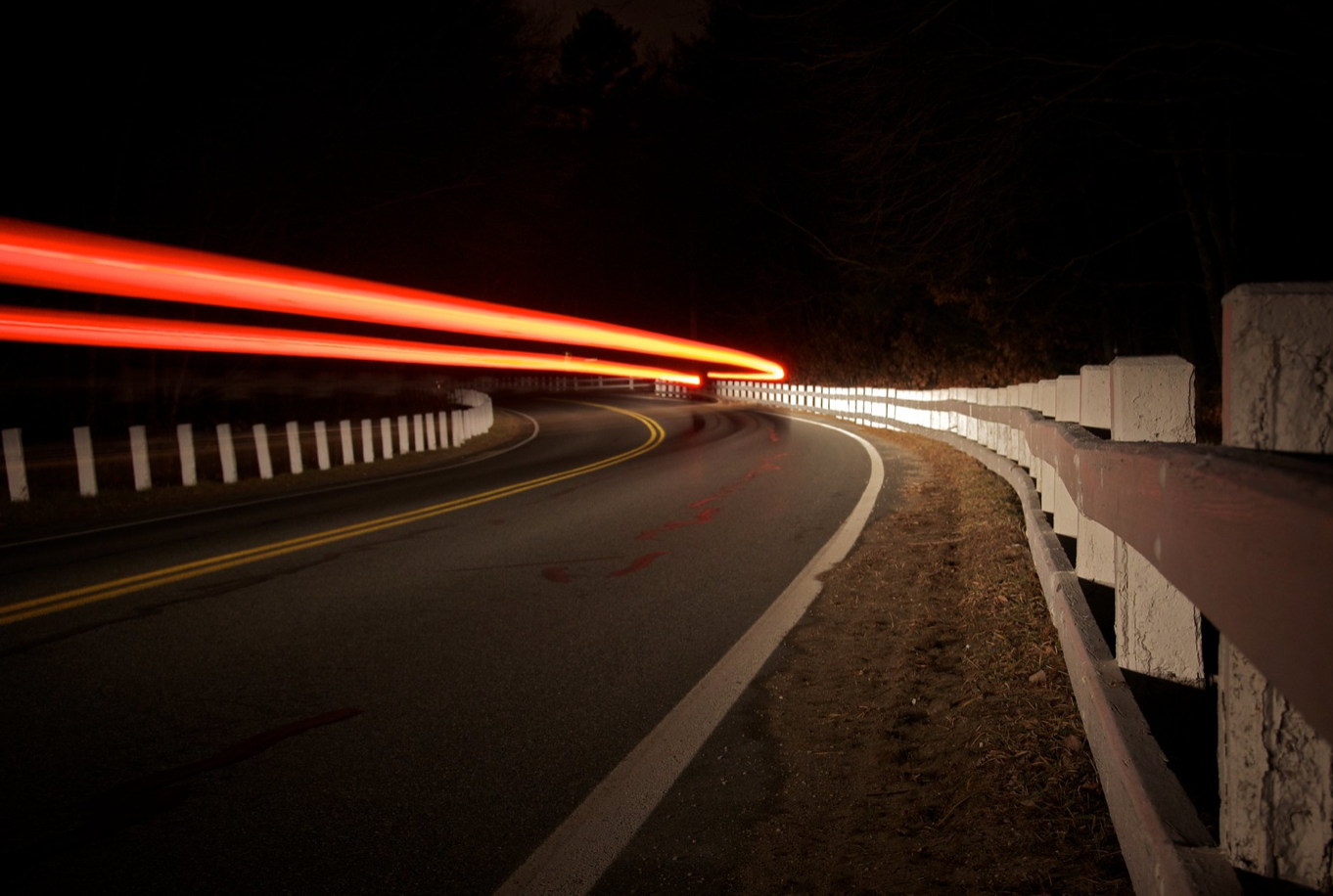- After last weekend's fiery crash at Niagara Falls, Slate wonders why anyone is allowed to own a vehicle that can go 175 miles per hour. If the National Transportation Safety Board had its way, cars would be equipped with speed governors. (Fast Company)
- Global emissions from motor vehicles fell by four percent between 2010 and 2022, but they would have fallen 30 percent without the trend toward bigger trucks and SUVs, according to a new study. (The Guardian)
- The key argument against car dependency is one of fairness, according to a London School of Economics scholar. Advocates should focus on how reforms meet basic needs and against the perception that something is being taken away.
- The Washington Post interviewed rails-to-trails advocate Ryan Chao about the opportunities presented by turning abandoned rail infrastructure into spaces for walking and biking.
- Mixed-use, compact development that discourages driving is dependent on well-connected street grids, according to a new study. (CNU Public Square)
- MinnPost takes issue with a recent Minneapolis Star Tribune editorial on light rail safety, arguing that turnstiles are unfeasible and Metro Transit should use human fare checkers instead.
- Nashville is shooting for another transit referendum in November 2024. (Scene)
- Post-pandemic, the San Diego trolley is the busiest light rail line in the U.S. with 34 million riders last year. (Axios)
- Honolulu has worked out a deal with the Federal Transit Administration to free up the final $125 million for a long-delayed light rail line. (Civil Beat)
- With 66 traffic deaths so far this year, Portland is on a record pace. (KOIN)
- With nearly 400,000 residents, Arlington, Texas, is the largest city in the U.S. without any form of fixed-route mass transit. (Fort Worth Report)
- Utility Austin Energy is doubling its e-bike rebate program. (Monitor)
- Charlotte is reopening dedicated bus lanes on Independence Boulevard. (Queen City News)
- Construction has started on Oklahoma City's first protected bike lane. (The Oklahoman)
- The New York Times ran a feature on Peachtree City, the Atlanta suburb where everyone gets around by golf cart.
- This Toronto wedding was truly a streetcar named desire. (Yahoo)
Today's Headlines
Wednesday’s Headlines Are Too Fast, Too Furious
When it comes to speeding, why don't regulators and automakers save drivers from themselves?

When it comes to speeding, why don’t regulators and automakers save drivers from themselves?
|Dennis Wilkinson, CCStay in touch
Sign up for our free newsletter
More from Streetsblog USA
Three Theories About Why U.S. Car Crash Deaths Are Plummeting
Car crash deaths are down by 12 percent, a top group estimates — but why?
Wednesday’s Headlines Don’t Got a Fast Car
If Tracy Chapman had saved "just a little bit of money" these days, she'd be in trouble.
Dear Trump: the Future Belongs to the Efficient
Trump abandoned climate protection goals claiming that cheap fossil fuel helps consumers and the economy. A mobility-focused analysis shows that he is wrong: resource efficiency is the key to health, economic success and happiness.
Federal Judge Rules Trump Can’t Kill Congestion Pricing
Trump does not have the power to toss out the Biden administration's decision to authorize the tolls, Judge Lewis Liman ruled.
Tuesday’s Headlines Are a Little Bit Safer
Traffic deaths are down about 12 percent, which the National Safety Council attributes to new technology and infrastructure investments.
Could Refurbished E-Bikes Be the Secret Weapon of the Livable Streets Movement?
A high-quality used market could be the boost America needs to get would-be riders off the sidelines and into the saddle, a new report argues.





